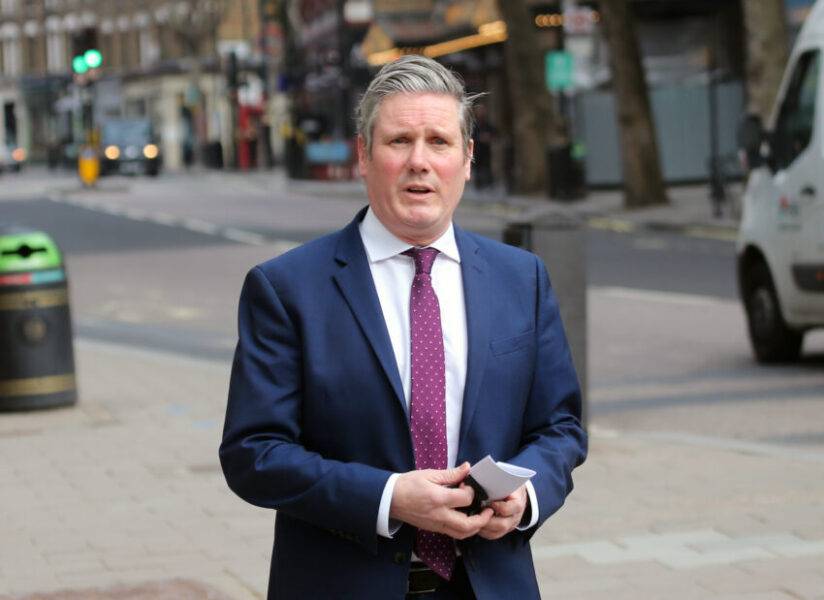[ad_1]
Prime Minister Sir Keir Starmer has travelled to Saudi Arabia amid hopes of securing a long-awaited free trade deal with the Gulf Co-operation Council (GCC), a move that could restore the UK’s bruised pro-business reputation.
After Labour’s recent budget faced heavy criticism, landing a GCC agreement would help Starmer demonstrate that Britain is still firmly “open for business” and poised for growth.
The GCC comprises six wealthy markets: Saudi Arabia, the United Arab Emirates, Qatar, Kuwait, Oman, and Bahrain. Together, they represent a trading relationship with the UK worth £57 billion annually. Work on a free trade deal had gathered pace under the previous Conservative government, which had aimed to sign by the end of the year. Although negotiations were interrupted by the general election, Starmer’s administration has since restarted talks and is optimistic about sealing a deal that could add an estimated £1.6 billion to the UK’s economy over the long term.
Starmer’s focus on boosting growth comes after the Labour government’s budget measures met with dismay from some business leaders. Delivering a GCC deal now would signal that the new administration can deliver tangible benefits for British exporters, bolster Britain’s standing in global trade, and build on strong existing relationships. The UAE and Saudi Arabia are already major investors in the UK, with trade links worth £23 billion and £17 billion respectively. More than 7,000 UK businesses export to Saudi Arabia, sustaining nearly 90,000 jobs.
The prime minister’s visit follows the emir of Qatar’s high-profile trip to the UK and also builds on recent announcements of UK-Gulf partnerships. This includes news that Graphene Innovations Manchester is opening the first commercial production of graphene-enriched carbon fibre in Saudi Arabia’s futuristic Neom project, creating thousands of skilled jobs locally and a £250 million research hub in Greater Manchester.
Negotiations, however, must grapple with the GCC’s interests and the UK’s policy lines. Gulf states want assurances that their industries—especially finance and other services—will remain competitive, and that the UK will not impose new barriers. Britain, meanwhile, needs to protect its health services, maintain quality standards, and navigate complex political relationships. While Saudi Arabia’s reforms have gained some Western approval, lingering human rights concerns and the kingdom’s capital punishment policies remain sensitive issues that Starmer’s government prefers to address behind the scenes rather than in public.
The prime minister’s Gulf tour also comes as global trade dynamics shift, with US President-elect Donald Trump threatening tariffs that could affect both British and European exporters. Closer UK ties with the GCC would help British businesses diversify and mitigate the impact of any American protectionist moves.
At the same time, Britain is set to join the 11-nation Comprehensive and Progressive Agreement for Trans-Pacific Partnership (CPTPP) on 15 December. The government expects that partnership to boost the UK economy by £2 billion a year, offering tariff-free access to key markets such as Australia, Canada, and Japan. Adding a GCC deal to this growing network would further reinforce the UK’s global trade credentials.
In the face of previous political instability and sceptical Gulf partners, Starmer’s team is pushing hard to prove that Britain can deliver. A successful deal with the GCC would demonstrate that the UK can strike significant, forward-looking trade agreements, even as it carefully manages ethical and regulatory considerations. For now, all eyes are on the Gulf, where a handshake across the desert sands could reshape Britain’s trade future.
[ad_2]
Source link

